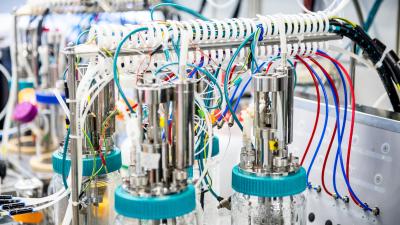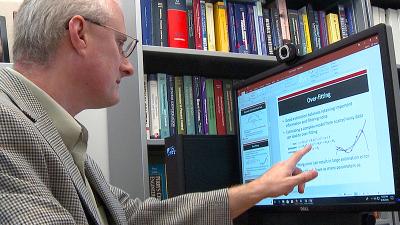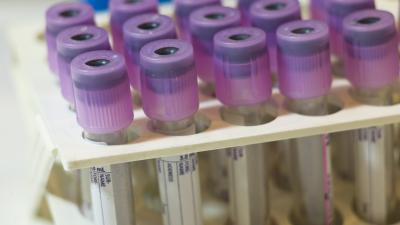CBIS Secures $1 Million Federal Grant to Advance Biotechnology Research and Translation
The Shirley Ann Jackson, Ph.D. Center for Biotechnology and Interdisciplinary Studies (CBIS) at Rensselaer Polytechnic Institute (RPI) was recently awarded $1 million in federal funds as part of the Congressionally Directed Spending program to advance RPI research and translational efforts related to pharmaceuticals, biopolymers, and food production.








